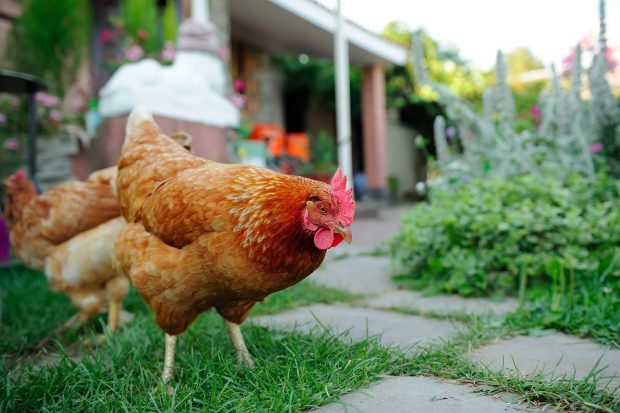Non-executive directors
Sky News have run a story today reporting that Defra's lead non-executive director Steve Holliday is expected to stand down from his role. The piece also covers ongoing recruitment to fill other non-executive director (NED) vacancies.
We are expecting a formal letter of resignation from Steve Holliday, stepping down from his position as Defra's lead non-executive director.
Two other non-executive directors - Catherine Doran and Paul Rew - are stepping down having served for a full 6 years, which is the normal maximum length for a departmental NED. The need to recruit replacement NEDs therefore pre-dated the Secretary of State’s appointment in June.
The existing fourth NED -Peter Bonfield - remains on the Board. One additional post - taking the total number of NEDs to five - is being created in recognition of the significant role the department is playing in our preparations for leaving the EU.
A Defra spokesperson said:
Defra is currently running an open competition for new non-executive board members. The advert went live on 9 September and ran until 19 October. Applications are currently being considered. These appointments are Ministerial appointments and are made in line with the Corporate Governance in Central Government Department’s code of good practice
The Sky piece also alleges “efforts to politicise the supposedly impartial Whitehall roles”. To be clear, NEDs are Secretary of State appointments. They are not civil servants. This is set out in the ministerial code, which states that NEDs are “drawn from the commercial private sector and appointed by the Secretary of State in accordance with Cabinet Office guidelines.”
This is further confirmed in Cabinet Office guidelines which states 'Non-executive board members, appointed by the Secretary of state, will be experts from outside government.'
Avian influenza

This morning’s instalment of Farming Today included a package on Avian Influenza. The virus does not affect humans but presents a real threat to our poultry industry and it is essential that anyone who keeps birds, whether a few in their garden or thousands on farm, is vigilant, aware of the signs, and maintains good biosecurity.
Gary Ford, Chief Poultry Adviser at the NFU is interviewed as part of the package where he emphasises the importance of ensuring ‘backyard keepers’ who keep birds in their back garden are aware of the threat as outbreaks in backyards can have a big knock on impact on the commercial sector:
I do hope that the messages are getting across to the backyard flock fraternity. Defra have done an awful lot – Chief Veterinary Officer Nigel Gibbens has done a number of videos on social media that have been tweeted out we have done a lot on social media trying to raise awareness amongst those flock keepers. The NFU have got a membership category where we have been raising awareness of good biosecurity and also getting the message over of the impact this has on the commercial sector if a backyard goes down with AI.
You can find our recently updated information and advice on bird flu here: https://www.gov.uk/government/news/avian-influenza-bird-flu-in-winter-2017-to-2018
Plastic pollution
Environment Secretary Michael Gove has pledged tackle plastic waste in the world’s oceans following the latest episode of the BBC’s Blue Planet II.
The Secretary of State said there was an imperative to do more, and that work would continue at Defra to identify further action in a bid to stop plastic rubbish.
This followed scenes in the BBC’s Blue Planet II series in which a pilot whale was filmed carrying her dead newborn baby around the ocean after being possibly poisoned by pollution in its mother’s milk.
The story was covered by the Daily Mail, Daily Telegraph, and The Sun.
A Defra spokesperson said:
We are determined to tackle plastic waste and have made progress in cleaning up our oceans by taking nine billion plastic bags out of circulation with our 5p carrier bag charge and introducing one of the world’s toughest bans on plastic microbeads. This was why we recently launched a call for evidence to help understand how deposit and reward and return schemes for plastic bottles and other drinks containers could work in England.